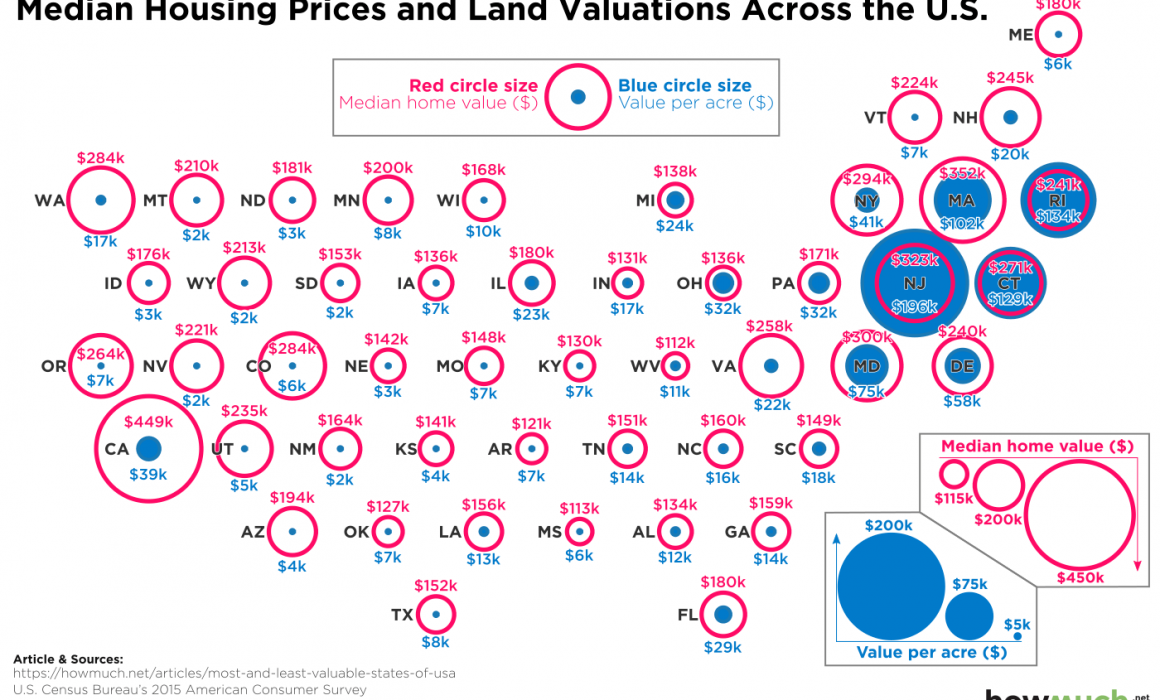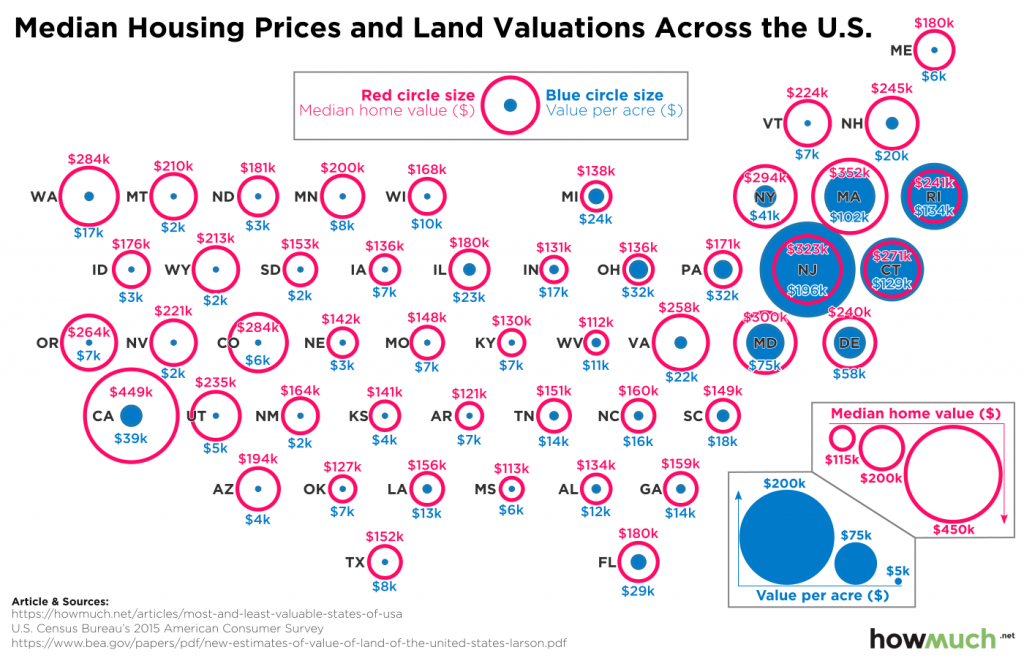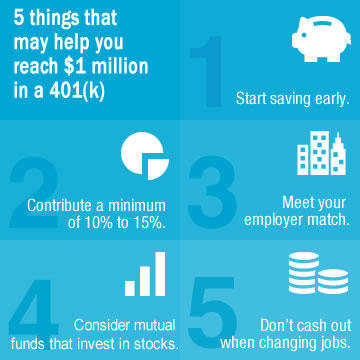Your Investing Philosophy in Ten Words or Less
 Brevity is power. If you truly understand something well, you can explain it in simple terms. Ten individuals share their investing philosophies in 10 words or less:
Brevity is power. If you truly understand something well, you can explain it in simple terms. Ten individuals share their investing philosophies in 10 words or less:
- Barry Ritholtz, Bloomberg: “Keep it simple, do less, and manage your stupidity.”
- Ben Carlson, author of A Wealth of Common Sense: “Less is more. Process over outcomes. Behavior is the key.”
- Harold Pollack, University of Chicago: “Save 15-20%. Low-fee Indexes. Pay off plastic. Maximize 401(k).”
- Robert Brokamp, Motley Fool: “Diversification reduces risk, increases predictability, and boosts returns.”
- Michael Batnick, Ritholtz Wealth Management: “Avoiding catastrophic mistakes matters more than constructing the ‘perfect portfolio.'”
- Cullen Roche, Pragmatic Capitalism: “Low-fee, tax-efficient, index-based global-macro asset allocation.”
- Eddy Elfenbein, blogger, Crossing Wall Street: “Be patient and ignore fads. Focus on value. Never panic.”
- Seth Jayson, Motley Fool: “Be safe, keep your costs low, and don’t overthink.”
- Josh Brown, CNBC, The Reformed Broker: “Roses are red, violets are blue. I don’t know what will happen and neither do you.”
- Morgan Housel: “Worry only when you think you have it figured out.”
Source: MF
















